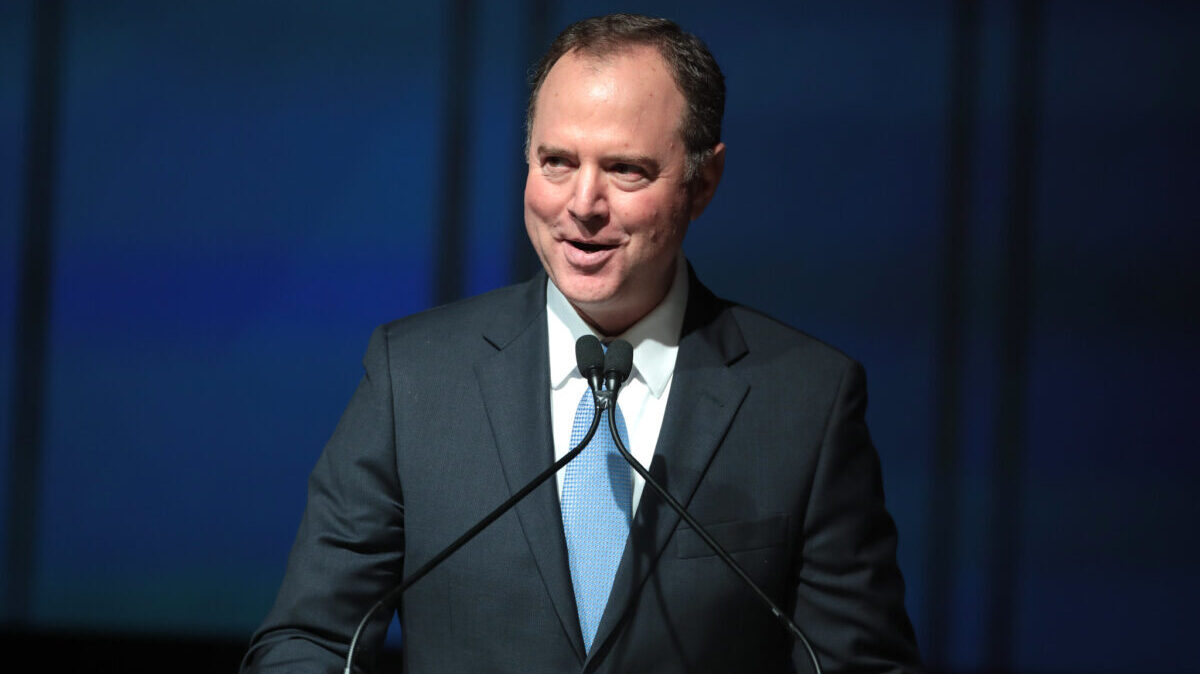Recently declassified documents suggest that individuals associated with former FBI Director James Comey and Democratic Senator Adam Schiff may have leaked classified information to journalists to portray former President Donald Trump and his associates as colluding with Russia. The documents, written in 2017, highlight how certain Washington reporters, including Ellen Nakashima of The Washington Post and Michael Schmidt of The New York Times, reported on these leaks, which have since been criticized as misleading.
Explainer James Comey Indicted on Charges of Lying to Senate Committee
The FBI documents indicate that the leaks were part of a broader effort by high-ranking officials to undermine Trump’s presidency. Critics argue that the media failed to adequately scrutinize the information they received, leading to a series of reports that have since been discredited. An analysis of the documents points to connections between the leakers and key political figures, although the identities of the leakers remain undisclosed due to government redactions.
Tim Graham, director of media analysis for the Media Research Center, commented on the situation, stating, "All of these cozy friendships of leakers and leaker recipients... are precisely why reporters adore hiding their sourcing behind walls of ‘senior administration officials’ or ‘senior U.S. officials.’"
The documents also include testimony from an FBI informant who claimed that Schiff, then a member of the House Intelligence Committee, devised a plan to use U.S. intelligence to discredit Trump following the 2016 election. The informant stated, "Leaking the information was one way to topple the administration."
In February 2017, the informant alleged that Schiff authorized the leaking of classified information to the press, aiming to portray Trump as a Kremlin conspirator. Schiff’s office has denied these allegations, with a spokesperson describing the informant as a "disgruntled former staffer".
The informant, identified by sources as Robert Minehart, claimed that he witnessed a meeting where Schiff discussed leaking derogatory information about Trump. Minehart, who worked on the committee for over a decade, expressed concerns about the ethical implications of these leaks.
Additionally, the documents reveal a pattern of collaboration between journalists and government officials. Nakashima, for instance, was reportedly the primary reporter for intelligence leaks regarding Trump and was involved in multiple investigations concerning leaks. Critics have pointed out that her reporting often relied on unverified information from government sources.
In a statement defending Nakashima, The Washington Post's Executive Editor Matt Murray asserted, "For three decades, Ellen Nakashima has been one of the most careful, fair-minded, and highly regarded reporters covering national security."
However, some former colleagues have expressed concern over her reliance on sources that may have been politically motivated. One former Washington Post reporter noted that Nakashima has not clarified the identities of her sources, suggesting she may be protecting them amid ongoing investigations.
The relationship between Schmidt and Comey is also under scrutiny. The documents reveal that after Trump fired Comey, he used a law professor, Daniel Richman, as a conduit to share classified information with the media. Schmidt’s reporting on Comey has been characterized as favorable, with critics arguing that it lacked objectivity.
In 2017, Schmidt reported on a memo from Comey that suggested Trump attempted to influence the investigation into former National Security Advisor Michael Flynn. This reporting contributed to the appointment of Special Counsel Robert Mueller, who ultimately found no evidence of collusion between Trump and Russia.
As investigations continue into the origins of the Russiagate narrative, the newly released documents raise questions about the integrity of both the media and government officials involved in the reporting process. The implications of these revelations may influence public perception of the media's role in political reporting moving forward.
Why it matters
- Declassified documents suggest potential collusion between high-ranking officials and journalists to undermine Trump, raising concerns about media integrity.
- Allegations against Schiff and Comey highlight possible misuse of classified information to influence public perception of Trump.
- Critics argue that misleading reports based on unverified leaks contributed to the discrediting of Trump's presidency and the Russiagate narrative.
- The ongoing scrutiny of media practices may reshape public trust in journalism and its relationship with government sources.
What’s next
- Investigations into the origins of the Russiagate narrative are ongoing, with potential implications for those involved.
- Calls for transparency regarding the identities of leakers and their connections to journalists may intensify.
- Further scrutiny of media reporting practices and ethical standards is expected as public interest grows.
